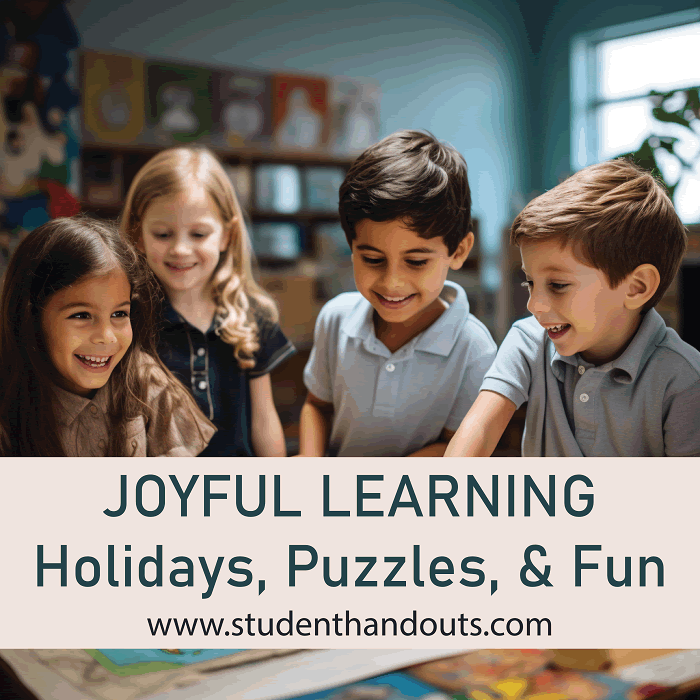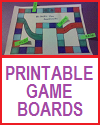Incorporating elements of joyfulness into the learning process is fundamental for several important reasons.
Enhanced Engagement: Joyful learning captures students' attention and motivates them to actively participate in the educational experience. When students are excited and happy about what they are learning, they are more likely to engage with the material, ask questions, and explore topics in depth.
Improved Memory and Retention: Positive emotions, such as joy, have been shown to enhance memory and information retention. When learning is enjoyable, it creates a positive emotional association with the subject matter, making it easier for students to remember and recall what they've learned.
 Reduced Stress and Anxiety: Joyful learning environments help reduce stress and anxiety levels in students. When students feel safe, relaxed, and happy in the classroom, they are better able to focus, think critically, and learn effectively.
Reduced Stress and Anxiety: Joyful learning environments help reduce stress and anxiety levels in students. When students feel safe, relaxed, and happy in the classroom, they are better able to focus, think critically, and learn effectively.
Fostering a Growth Mindset: Joyful learning encourages a growth mindset, which is the belief that intelligence and abilities can be developed through effort and learning. When students experience success and enjoyment in their learning, they are more likely to view challenges as opportunities for growth rather than as obstacles.
Long-term Interest and Curiosity: Joyful learning can cultivate a lifelong love of learning. When students associate learning with joy and curiosity, they are more likely to continue exploring new subjects and seeking knowledge outside of formal education.
Positive Learning Environments: Fun educational experiences contribute to the creation of positive learning environments. When teachers incorporate elements of joy into their teaching methods, it can lead to improved classroom dynamics, better relationships between students and teachers, and a more supportive and inclusive atmosphere.
Creativity and Critical Thinking: Joyful learning often involves creative activities and critical thinking exercises. When students are happy and engaged, they are more likely to think outside the box, solve problems creatively, and develop a deeper understanding of complex concepts.
Enhanced Motivation: Joyfulness can serve as a powerful intrinsic motivator. When students find joy in their learning experiences, they are more likely to take ownership of their education and pursue learning for its own sake, rather than simply for external rewards or grades.
Improved Academic Performance: Research has shown that students who experience joy in their learning tend to perform better academically. They are more likely to excel in assessments, complete assignments, and demonstrate a deeper understanding of the material.
Incorporating joyfulness into education doesn't mean sacrificing rigor or academic standards. It means creating a positive and engaging learning environment that fosters a love of learning, curiosity, and a lifelong pursuit of knowledge. This approach can lead to more successful and well-rounded students who are not only academically proficient but also emotionally and socially competent.
|
























 Reduced Stress and Anxiety: Joyful learning environments help reduce stress and anxiety levels in students. When students feel safe, relaxed, and happy in the classroom, they are better able to focus, think critically, and learn effectively.
Reduced Stress and Anxiety: Joyful learning environments help reduce stress and anxiety levels in students. When students feel safe, relaxed, and happy in the classroom, they are better able to focus, think critically, and learn effectively. 





